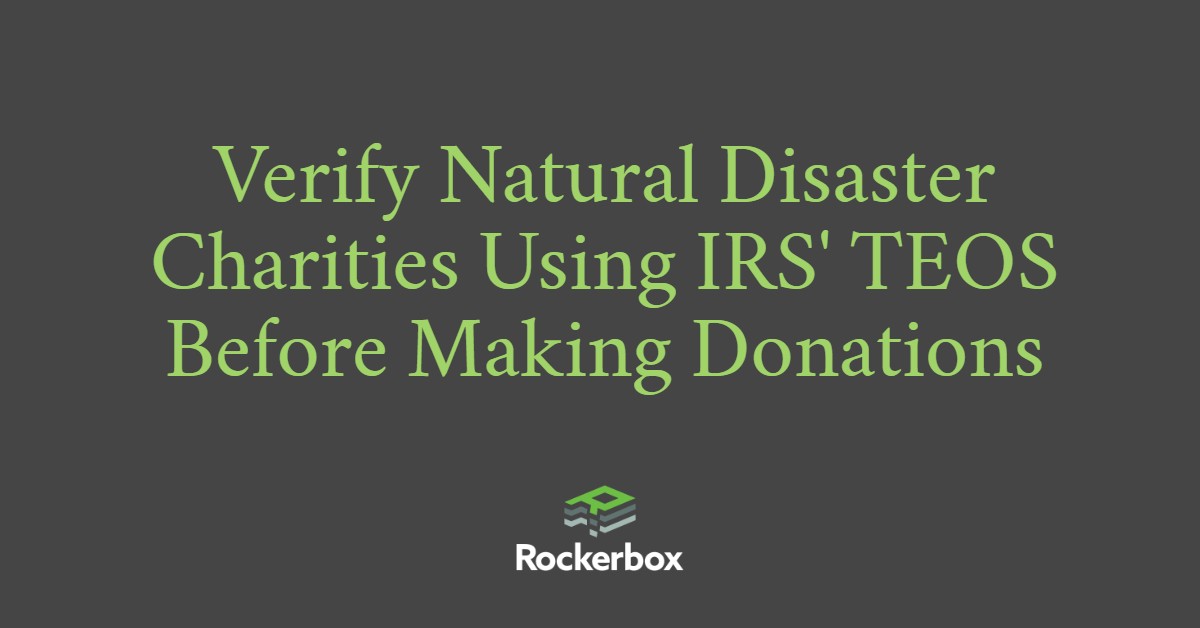
Protect Yourself from Charity Scams in the Wake of Natural Disasters
In the aftermath of Hurricanes Milton and Helene, the IRS has issued a warning to taxpayers about scammers who exploit tragic events to create fake charities. These scammers aim to steal sensitive personal and financial information from unsuspecting donors.
### How to Verify Charitable Organizations
To avoid falling victim to these scams, the IRS recommends using their Tax-Exempt Organization Search (TEOS) tool on IRS.gov. This tool helps you:
1. **Verify the legitimacy of a charity**: Ensure the charity is real and not a scam.
2. **Check eligibility for tax-deductible contributions**: Confirm that your donations can be deducted from your taxes.
3. **Search for information about an organization’s tax-exempt status and filings**: Access the charity’s official records to ensure transparency.
### Tips to Avoid Fake Charities
Here are some key tips to help you avoid falling prey to fake charities:
1. **Always verify**: Scammers often use names that sound similar to well-known charities to confuse potential donors. They may use emails, fake websites, or even alter their caller ID to impersonate legitimate organizations. Always ask for the charity’s name, website, and mailing address, then use the TEOS tool to confirm their legitimacy.
2. **Be cautious about donation methods**: Never donate by providing gift card numbers or wiring money. These are common scam tactics. It’s safest to donate via credit card or check after verifying the charity’s authenticity.
3. **Protect your personal information**: Scammers are interested in both your money and your personal data. Never provide your Social Security number, credit card information, or personal identification numbers to unsolicited charities.
4. **Avoid pressure tactics**: Legitimate charities will appreciate your donation at any time and will not pressure you into making an immediate payment. If you feel rushed, it’s a red flag.
### Reporting Suspicious Charities
If you encounter a suspicious charity or believe you have been targeted by a scam, the IRS encourages you to visit the FBI’s resources on Charity and Disaster Fraud. Reporting these incidents helps protect others from falling victim to these schemes.
In these challenging times, it’s natural to want to help those affected by disasters. By taking the time to verify charities and being cautious with your personal information, you can ensure that your generosity truly benefits those in need. Stay informed, stay vigilant, and continue to support legitimate charitable efforts.
For more information and to access the Tax-Exempt Organization Search tool, visit [IRS.gov](https://www.irs.gov/charities-non-profits/tax-exempt-organization-search).